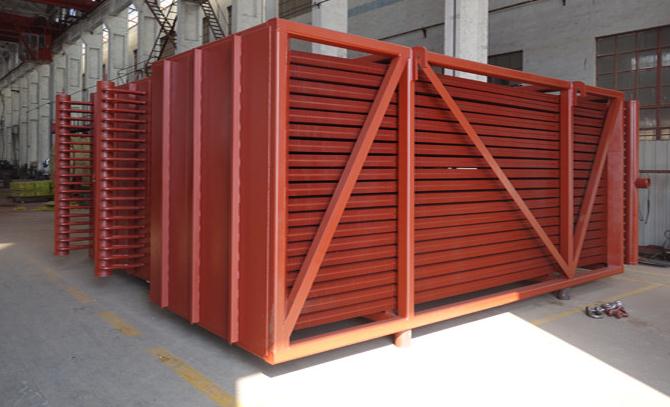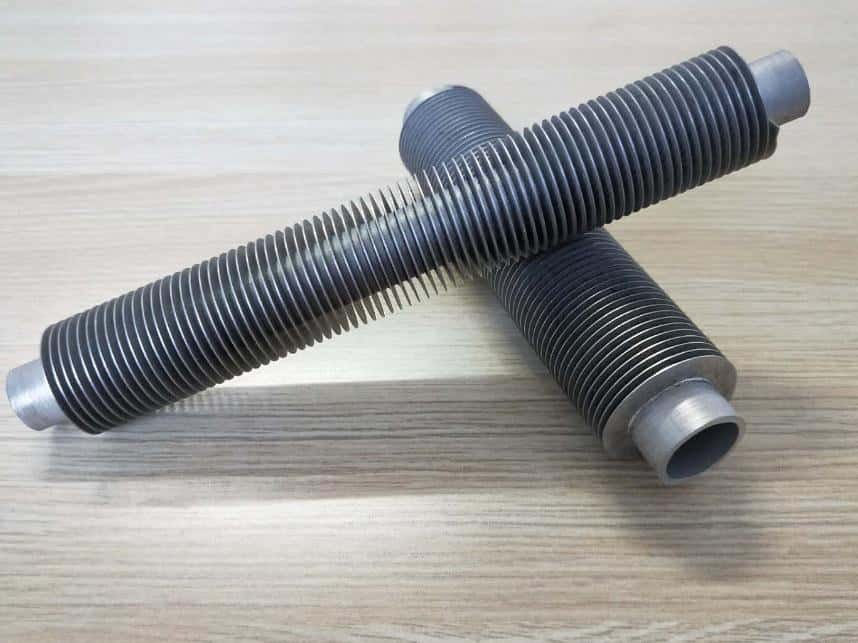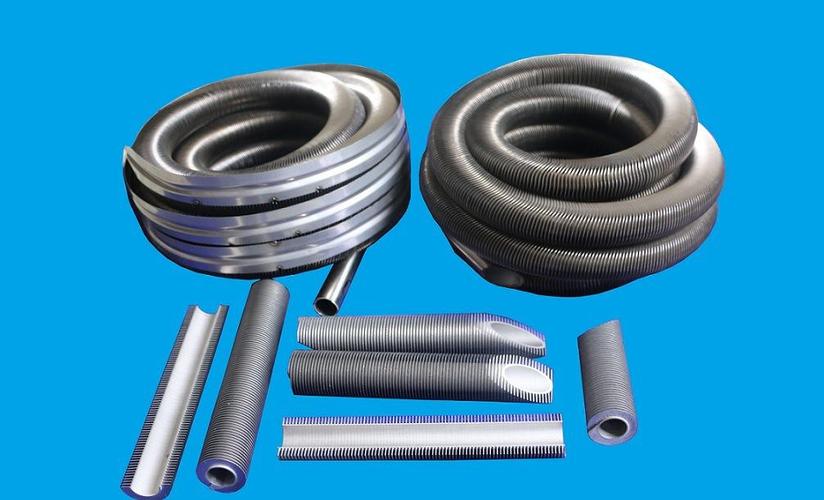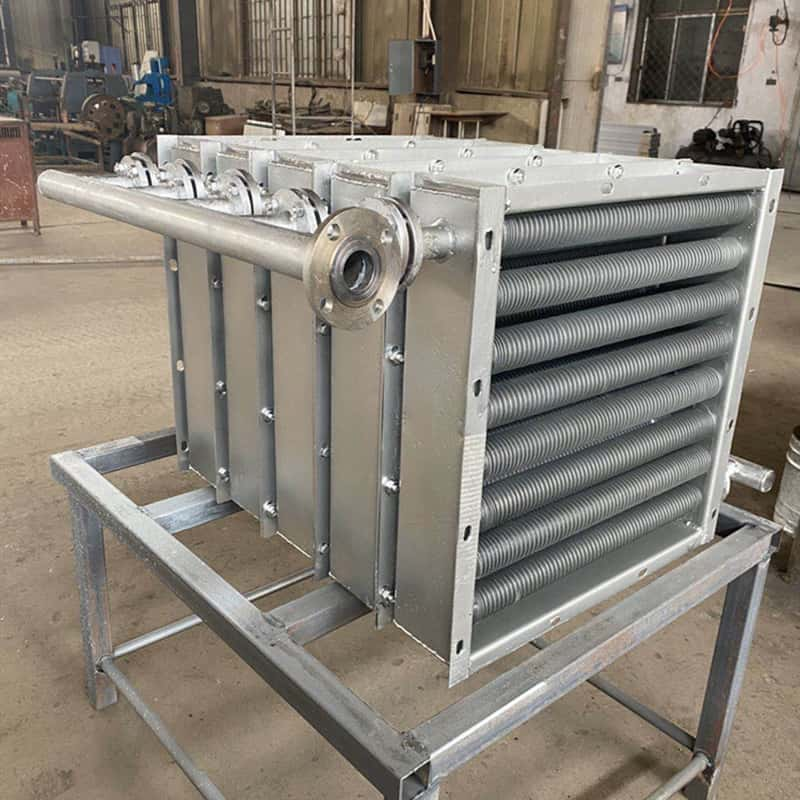Industrial heat exchange is a process used in a variety of industries, including power generation, chemical manufacturing, and oil and gas production.
It involves transferring heat from one fluid to another, often using a heat exchanger. Finned tubes are commonly used in industrial heat exchange applications due to their ability to increase heat transfer efficiency.
In this article, we will discuss the application of finned tubes in industrial heat exchange and their benefits.
Finned tubes are tubes with extended surfaces, which increase their heat transfer area.
The fins can be spiral, longitudinal, or transverse, and they are attached to the tube’s outer surface.

Finned tubes are commonly made of materials such as copper, aluminum, and stainless steel, which are resistant to corrosion and wear.
They are used in heat exchangers to enhance heat transfer between the fluid and the tube.
One of the main advantages of using finned tubes in industrial heat exchange is their increased heat transfer efficiency.
The fins increase the heat transfer surface area, allowing for more efficient heat transfer between the fluid and the tube.
This results in a more efficient heat exchange process, reducing the amount of energy required to achieve the desired temperature change. This, in turn, reduces the operating costs of the industrial process.

Finned tubes are also ideal for use in high-temperature applications.
They can withstand high temperatures and pressures, making them suitable for use in heat exchange systems that operate under extreme conditions.
The fins also provide a protective layer for the tubes, preventing them from corroding or eroding over time.
In addition, finned tubes can be customized to meet the specific requirements of industrial heat exchange applications.
The size, shape, and material of the fins can be modified to optimize heat transfer efficiency for a particular process.
This ensures that the heat exchange system is tailored to meet the specific needs of the industrial process, resulting in improved performance and reduced energy consumption.

Finned tubes also offer a cost-effective solution for industrial heat exchange applications. They are durable and require minimal maintenance, reducing the need for frequent replacements and repairs.
This reduces downtime and production losses, resulting in cost savings for the industrial process.
Additionally, the increased efficiency of the heat exchange process reduces the amount of energy required, further reducing operating costs.
In conclusion, finned tubes are a vital component in industrial heat exchange systems.
Their ability to increase heat transfer efficiency, withstand high temperatures and pressures, and be customized to meet specific requirements make them ideal for a variety of industrial processes.

The cost-effectiveness and durability of finned tubes also make them a practical solution for industrial heat exchange applications.
By utilizing finned tubes in industrial heat exchange, industries can improve their efficiency, reduce operating costs, and increase production output.
